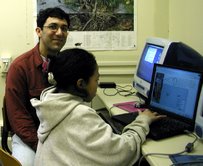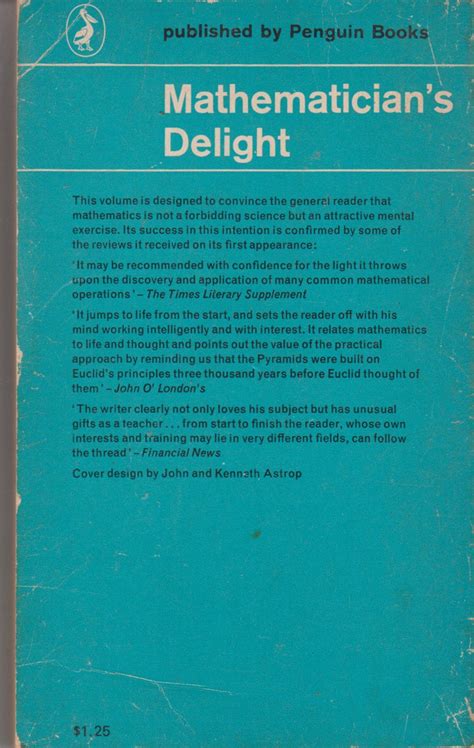A Quote by Samuel Taylor Coleridge
The imagination ... that reconciling and mediatory power, which incorporating the reason in images of the sense and organizing (as it were) the flux of the senses by the permanence and self-circling energies of the reason, gives birth to a system of symbols, harmonious in themselves, and consubstantial with the truths of which they are the conductors.
Related Quotes
There are great truths at the foundation of Freemasonry, truths which it is its mission to teach and which is constituting the very essence of, that sublime system which gives the venerable institution its peculiar identity as a science of morality, and it behooves every disciple diligently to ponder and inwardly digest.
To read" actually comes from the Latin reri "to calculate, to think" which is not only the progenitor of "read" but of "reason" as well, both of which hail from the Greek arariskein "to fit." Aside from giving us "reason," arariskein also gives us an unlikely sibling, Latin arma meaning "weapons." It seems that "to fit" the world or to make sense of it requires either reason or arms.
Unless one believes in a superhuman reason which directs evolution, one is bound to believe in a reason inherent in humanity, a motive power transcending that of each separate people, just as the power of the organism transcends that of the organ. This reason increases in proportion as the unity of mankind becomes established.
When we find ourselves unable to reason (as one often does when presented with, say, a problem in algebra) it is because our imagination is not touched. One can begin to reason only when a clear picture has been formed in the imagination. Bad teaching is teaching which presents an endless procession of meaningless signs, words and rules, and fails to arouse the imagination.
We are not to renounce our senses and experience, nor (that which is the undoubted Word of God) our natural Reason. For they are the talents which he hath put into our hands to negotiate, till the coming again of our blessed savior, and therefore not to be folded up in the napkin of an implicate faith, but employed in the purchase of justice, peace, and true religion. For though there be many things in God's Word above Reason--that is to say, which cannot by natural reason be either demonstrated or confuted--yet there is nothing contrary to it.







































